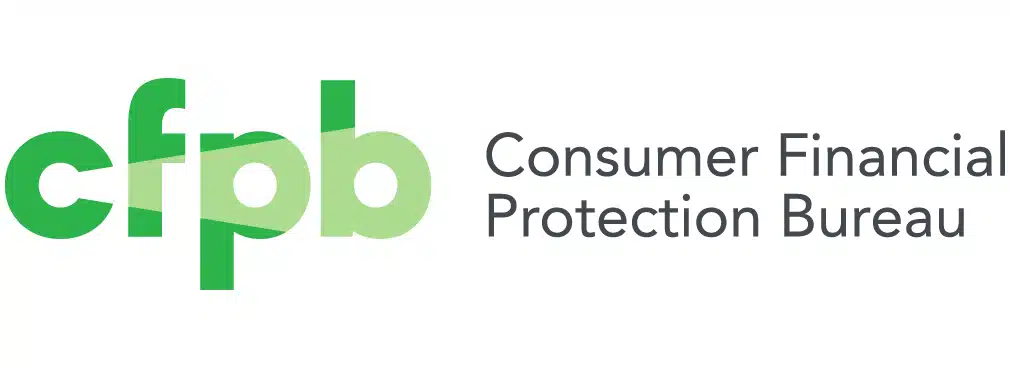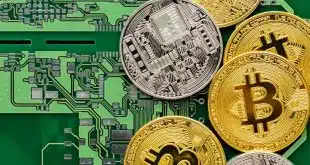Last year, credit card issuers charged consumers more than $105 billion in interest and more than $25 billion in fees, $14.5 billion of which came from late fees, according to the Consumer Financial Protection Bureau’s biennial credit card market report.
Credit card holders paid about 20% of their average balance in interest and fees on general purpose credit and private-label cards in 2022, according to the report, which was released late Wednesday. Many cardholders with subprime scores paid 30 to 40 cents in interest and fees per dollar borrowed.
In addition, the report found that consumer credit card debt surpassed $1 trillion for the first time since it began collecting credit card data.

The biennial report is in its sixth edition since the CFPB was created in 2011. The bureau surveys the credit card market under the auspices of the Credit Card Accountability, Responsibility and Disclosure Act.
One reason consumer card debt is so high, according to the report, is that card issuers’ margins on the annual percentage rates they charge were 15.4 percentage points above the prime rate in 2022. Margins continued to rise across all credit-score tiers, even as chargeoff rates fell during the pandemic, the CFPB says.
In addition, the report found consumers that revolve a balance on a monthly basis paid 94% of total interest and fees charged but earned only 27% of rewards at major credit card companies. By contrast, consumers who paid off their balances each month paid just 6% of interest and fees charged and earned 73% of total rewards.
The combination of rising consumer card debt, increasing delinquency rates since the end of the Covid-19 pandemic-relief programs in 2021, and high margins for issuers has prompted the CFPB to vow to work to reverse those trends. Earlier this year, the bureau proposed cutting payments-industry late fees.
“Last year, Americans paid $130 billion in interest and fees on their credit cards,” CFPB director Rohit Chopra says in a statement. “With credit card debt crossing the trillion-dollar mark, we will be working to prevent bait-and-switch tactics when it comes to rewards and to increase refinancing activity so consumers can get lower rates.”
Despite the CFPB’s concerns, the situation is not as dire as its report makes it appear, according to some expert observers.
“It is important to remember that the fees CFPB mentions are not called junk fees,” says Brian Riley, co-head of payments and director of credit risk and advisory services for Javelin Strategy and Research. “There’s a responsibility here. Late fees are contractual commitments. The problem is in the economy, not with credit card issuers. As the economy continues to struggle with inflation and interest rates, you can be certain [the next] report will show additional increases.”
Riley notes that the credit card delinquency rate for the second quarter of 2023 was 2.77% and is expected to rise to 3.5% by mid-2024. Delinquency rates also rose steadily in 2022 from 1.66% in the first quarter to the fourth quarter’s 2.24%.
“It’s natural that, as delinquencies rise, consumers will pay more in late fees,” Riley points out. “2020 was certainly a unique year for everyone. Many [issuers] waived fees in payments, which is why you saw a dip in this contractual obligation.”
One risk in the CFPB’s action to rein in credit card late fees and interest rates is that it could prompt issuers to tighten their lending criteria in an effort to make up the lost revenue by denying credit to consumers deemed to be at high risk for delinquency. “There’s going to be a downstream effect to lowering fees and interest rates,” Riley says. “The CFPB should focus on what issuers should do if there is a recession.”
For example, if unemployment spikes and people can’t pay, should there be allowances for credit card issuers that set up workout relationships? Riley rhetorically asks. “Issuers have responsibilities to be safe and sound,” he says. “Remember the Great Recession, where chargeoffs exceeded 10%? That cost billions.”






